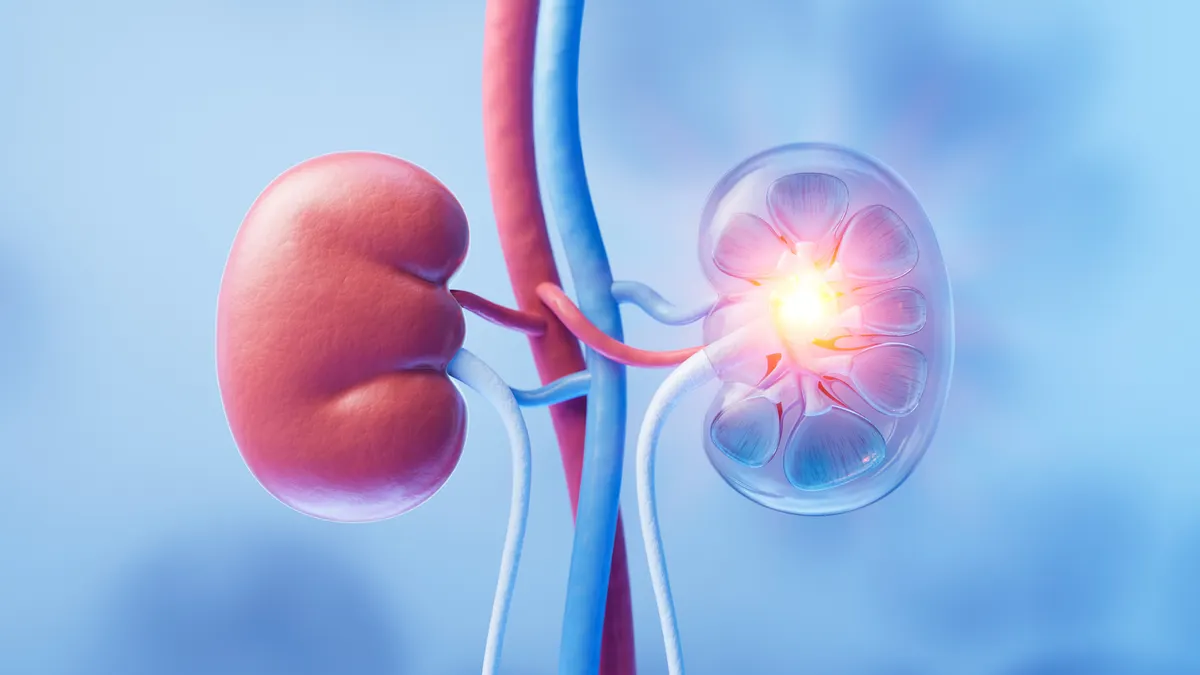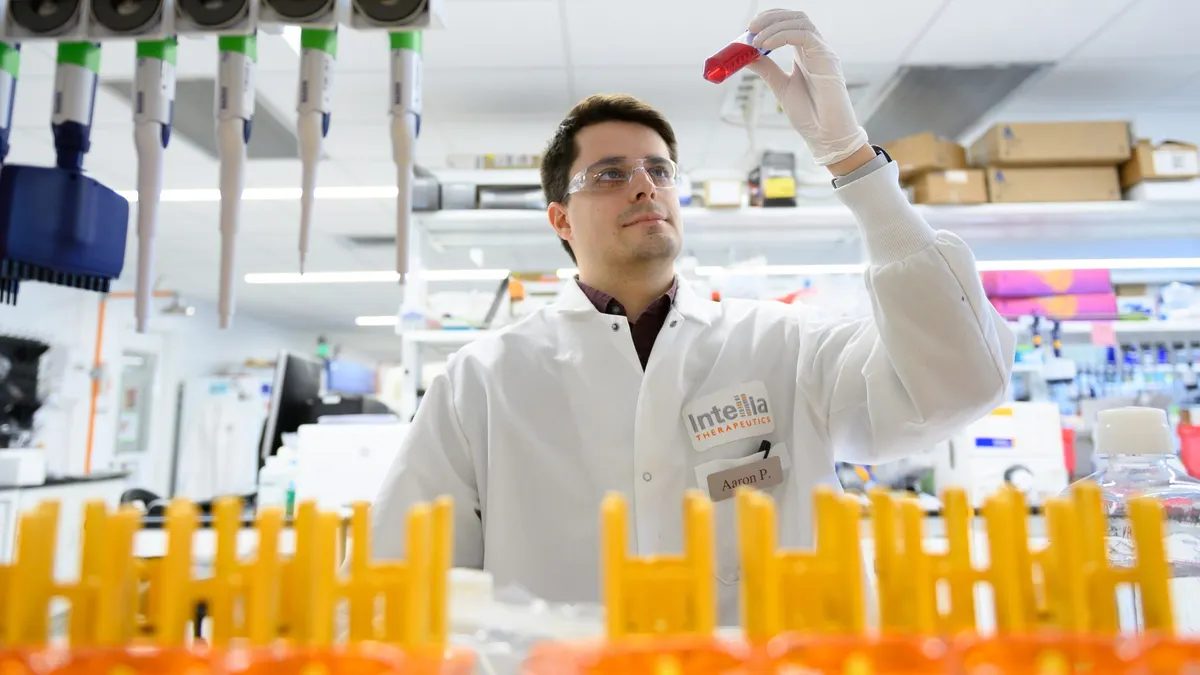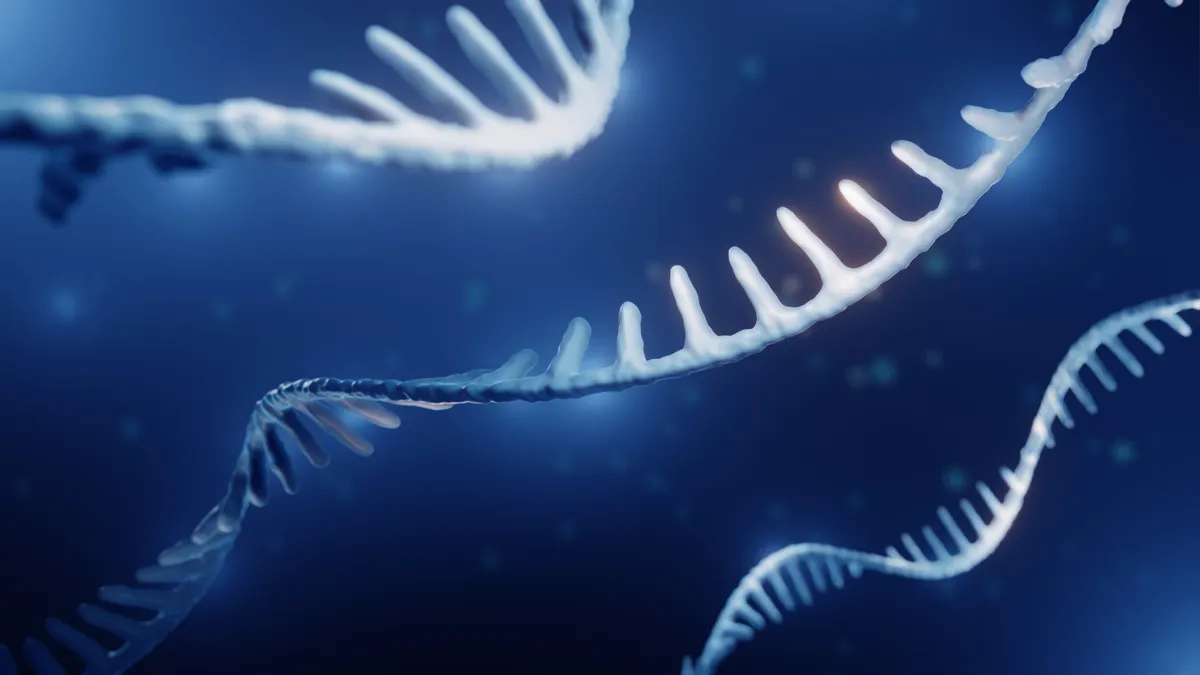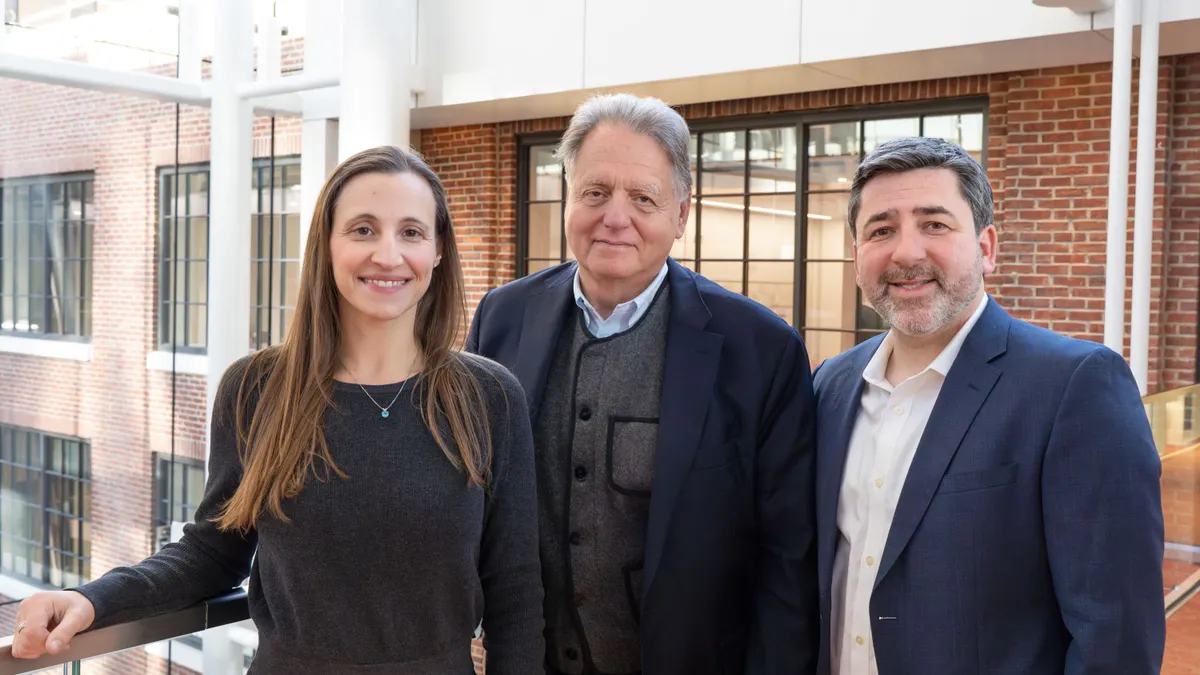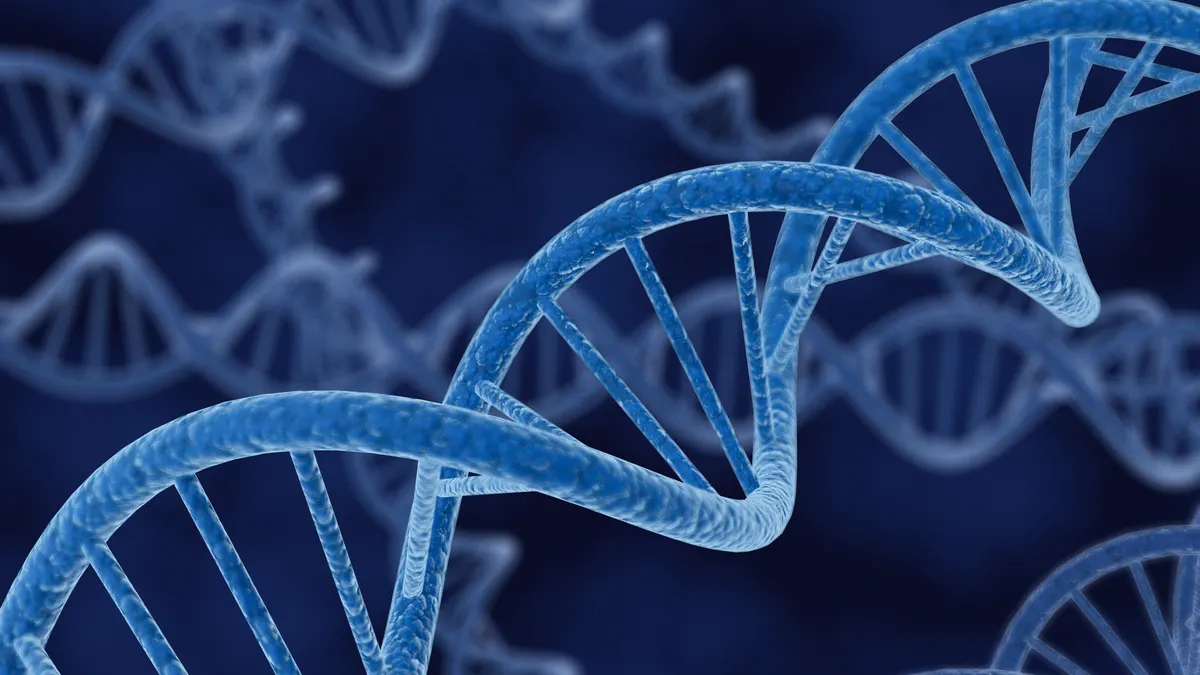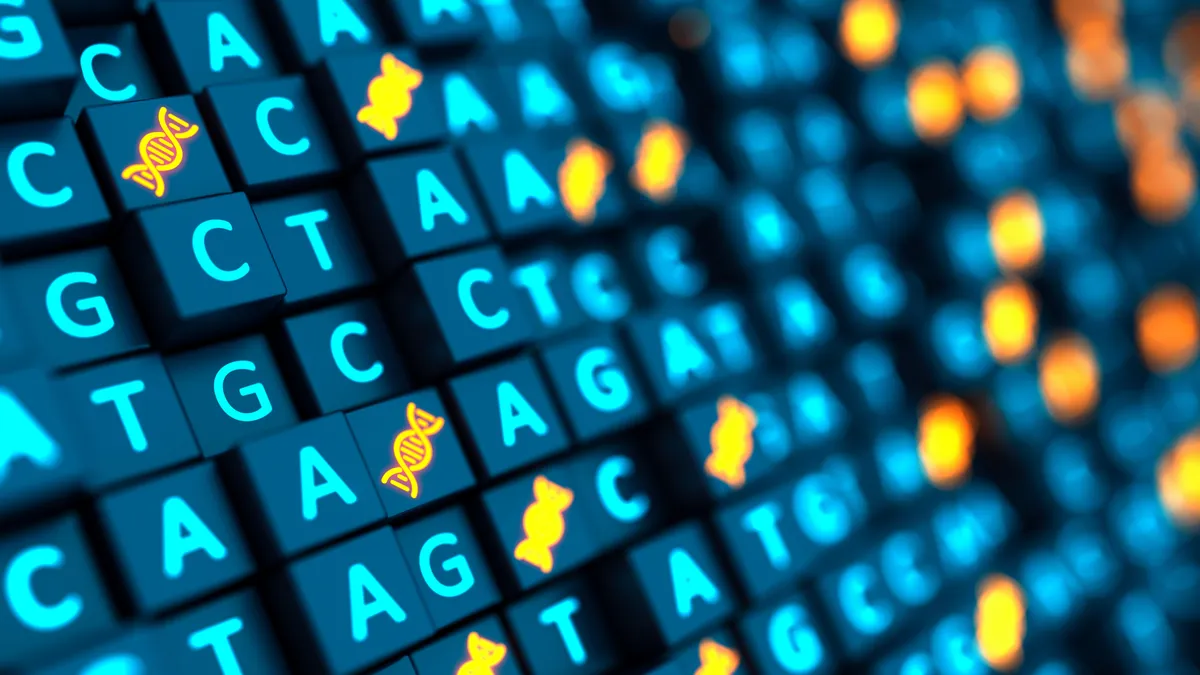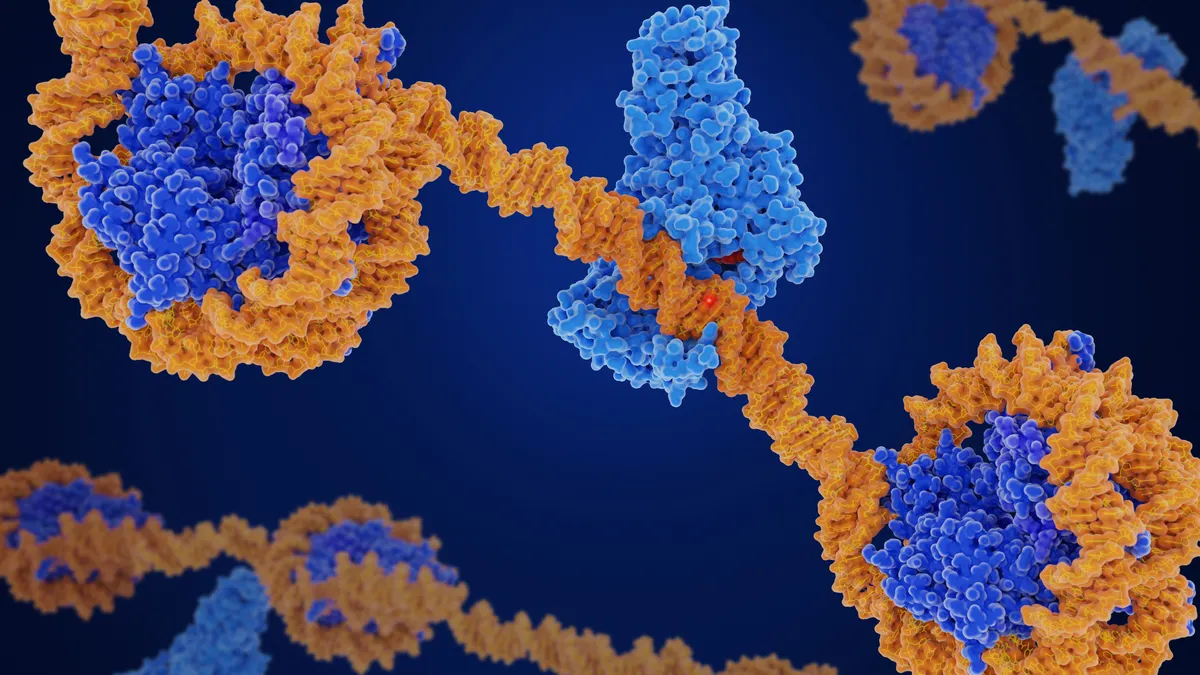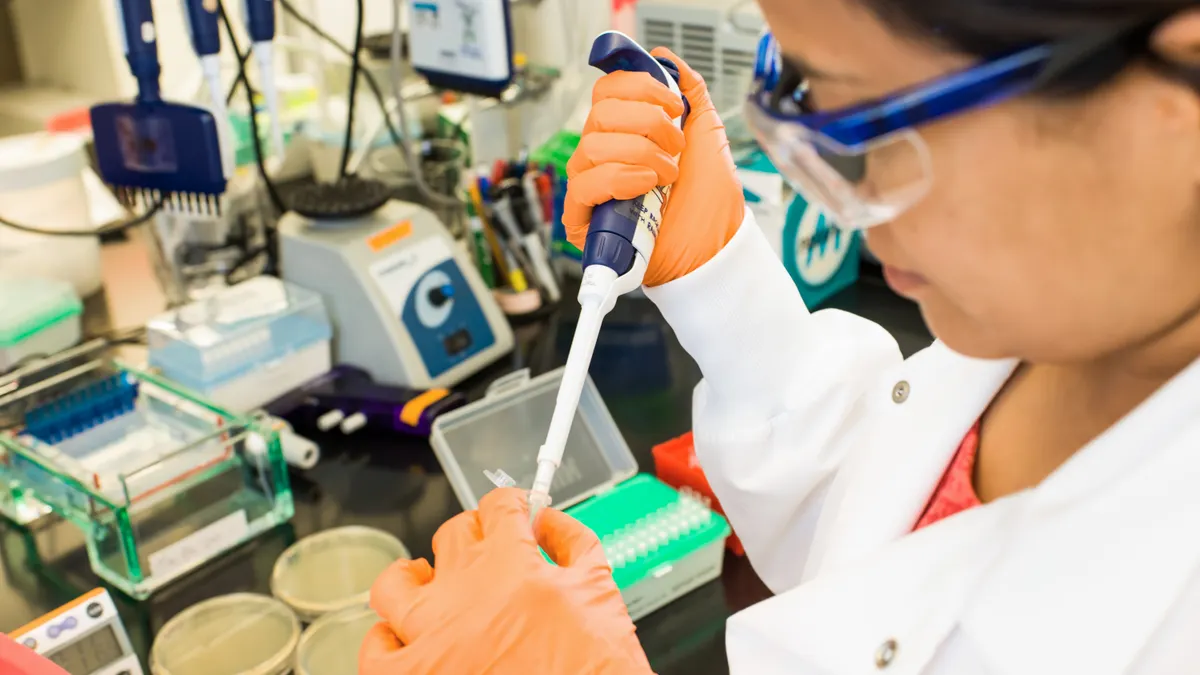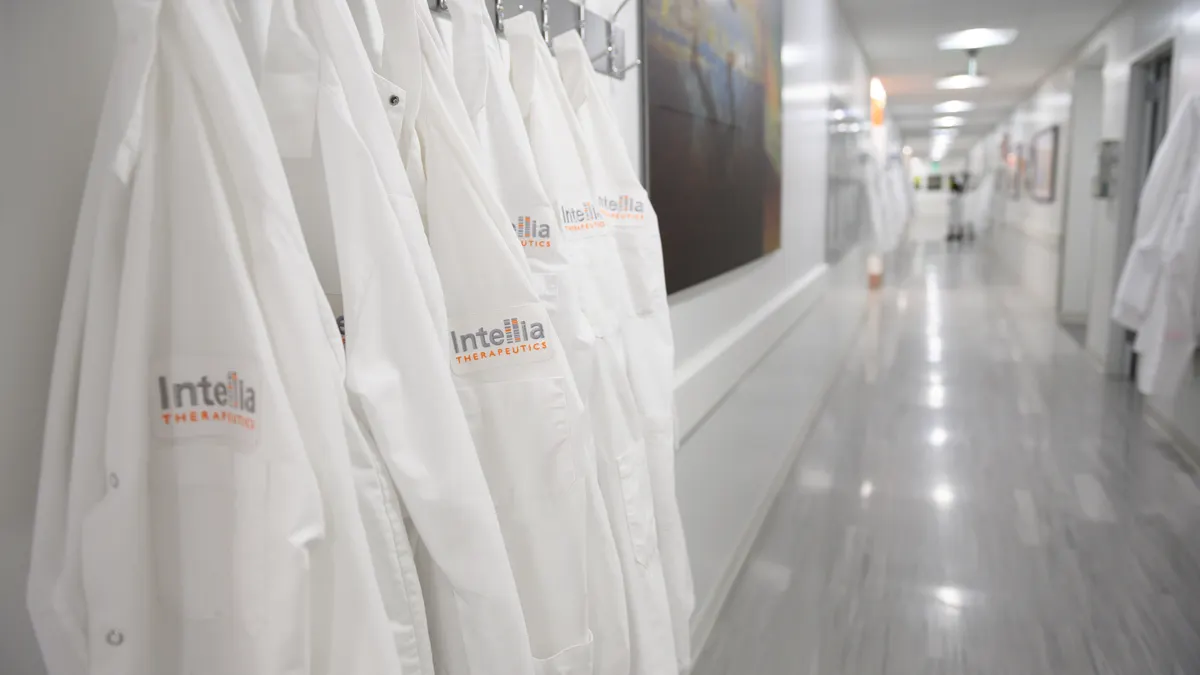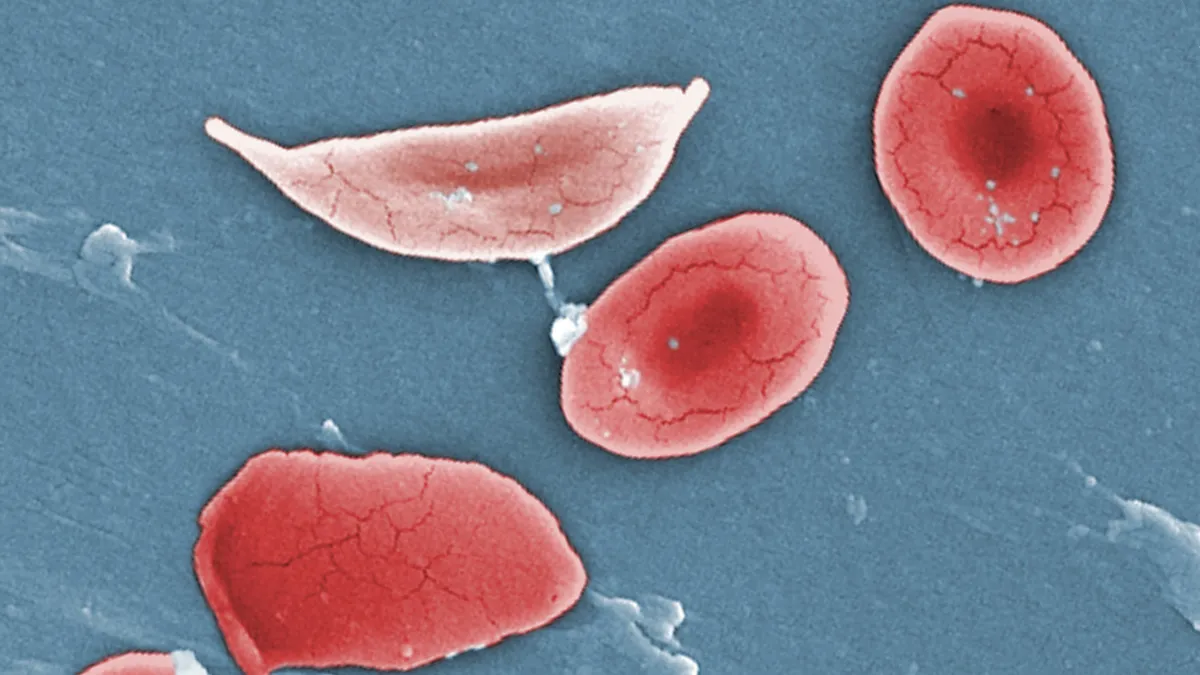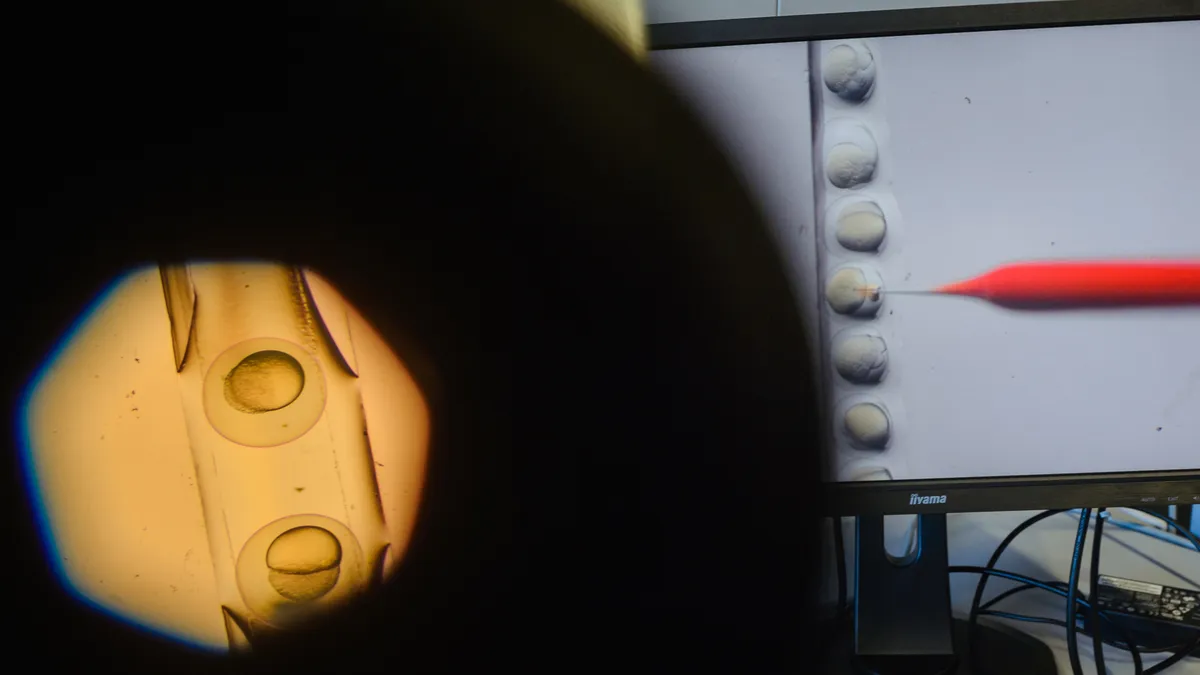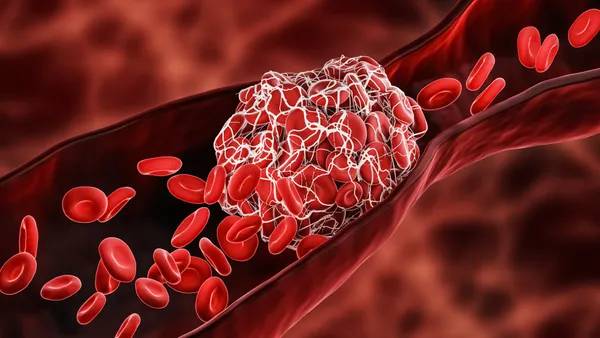Dive Brief:
- Prime Medicine will test its gene editing technology as treatment for a rare liver and lung disorder, revealing on Tuesday plans for a research program in alpha-1 antitrypsin deficiency.
- The company, which is developing “prime editing” as a way to flexibly edit genes without cutting through both strands of DNA, expects to ask regulators next year for permission to begin human testing of the new treatment.
- The program in alpha-1 antitrypsin deficiency, or AATD, is the first new target Prime has picked since significantly paring back its research plans last September. As with other developers of genetic medicines, Prime has faced investor scrutiny on the pace and cost of its research.
Dive Insight:
With Tuesday’s announcement, Prime joins a competitive field of drug research. AATD has drawn interest from a range of biotechnology and pharmaceutical companies, including Prime rival Beam Therapeutics, which earlier this month released early trial data it said establishes “proof of concept” for its DNA editing approach to treating the disease. Others, like Wave Life Sciences, are testing ways to edit RNA, while Sanofi is studying a fusion protein-based drug for AATD.
Prime sees AATD as a good match for its technology, which it claims could restore the mutated gene responsible for the disease back to its normal state. To support its plans, the company also released Tuesday data from preclinical testing that showed prime editing could correct the target gene in the liver cells of mice.
“These data reinforce the potential of prime editing to restore the disease-causing mutation back to wild-type and address the underlying pathology of both lung and liver manifestations of AATD, without the risk of bystander edits or detectable off-target edits,” Prime CEO Keith Gottesdiener said in a statement.
Beam has already done something similar in its early-stage study. Data disclosed by the company March 10 showed that treatment worked as intended, lowering levels of misfolded protein in the blood and increasing the amount of corrected, functional protein. This protein, known as AAT, builds up in the liver when misfolded, causing damage. It’s also unable to carry out its normal task of protecting lung cells from an infection-fighting enzyme when it’s misfolded.
Prime is currently advancing through the final stages of “lead optimization,” when researchers fine-tune the design of the drug candidate they intend to advance into testing. The company will file in mid-2026 an application seeking permission to begin clinical testing










